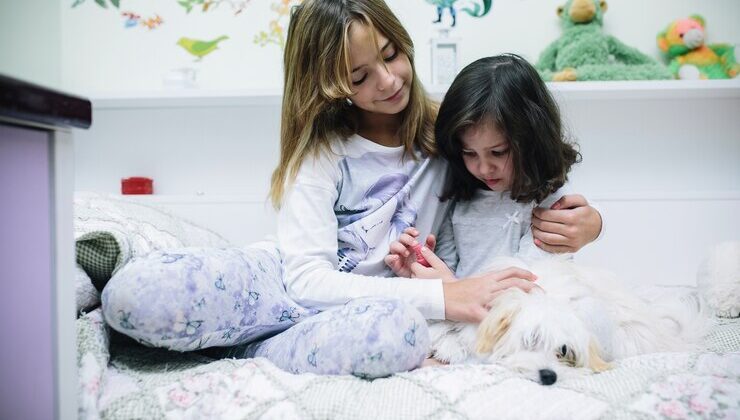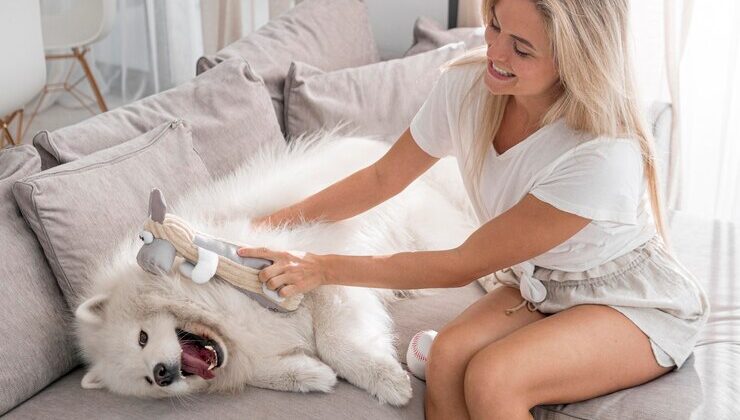
Latest post
Popular Posts

Unveiling The Truth: The Real Story Behind Kennedy Funding Ripoff Report (575)
- Muhammadhasib
- September 29, 2024

The Ultimate Guide to Slinguri: Types, Symptoms, Causes, and Treatment (205)
- Muhammadhasib
- July 20, 2024

Comprehensive Guide to Kingymab: Uses, Benefits, and Insights (203)
- Muhammadhasib
- July 20, 2024

Traceloans: Comprehensive Guide and Insights (201)
- Muhammadhasib
- July 20, 2024
Category: Technology
- Home
- Technology
Popular Post

Unveiling The Truth: The Real Story Behind Kennedy Funding Ripoff Report (575)
- Muhammadhasib
- September 29, 2024

The Ultimate Guide to Slinguri: Types, Symptoms, Causes, and Treatment (205)
- Muhammadhasib
- July 20, 2024

Comprehensive Guide to Kingymab: Uses, Benefits, and Insights (203)
- Muhammadhasib
- July 20, 2024

Traceloans: Comprehensive Guide and Insights (201)
- Muhammadhasib
- July 20, 2024
Weather
haze
28℃
34º - 27º
humidity: 59%
wind: 8 km/h
-
32℃Sat
-
32℃Sun
-
33℃Mon
-
33℃Tue
-
31℃Wed
-
27℃Thu
















Justin Billingsley: A Connecticut Innovator Shaping the Future of Marketing and Technology
Justin Billingsley: A Connecticut Innovator Shaping the Future of Marketing and Technology